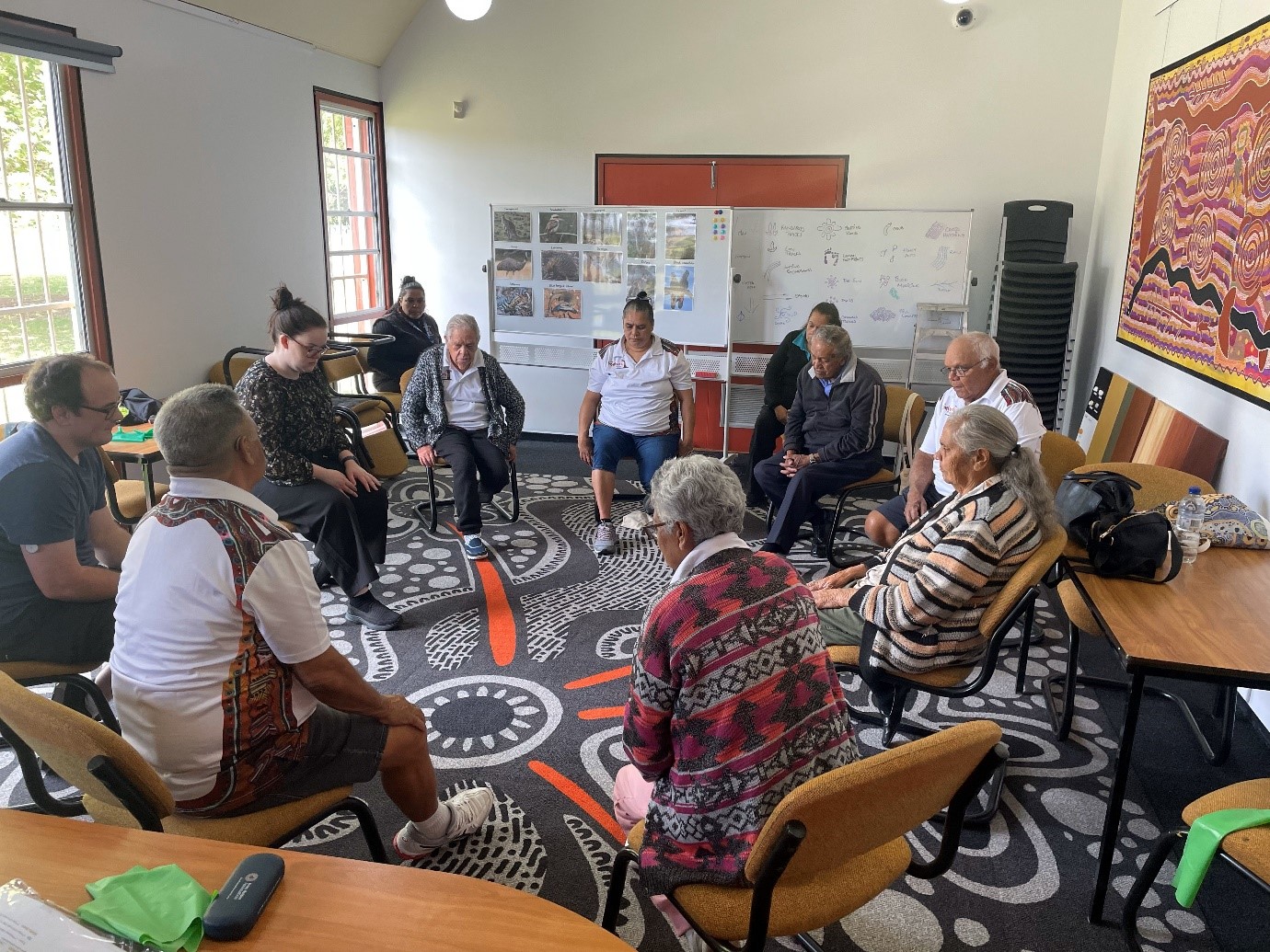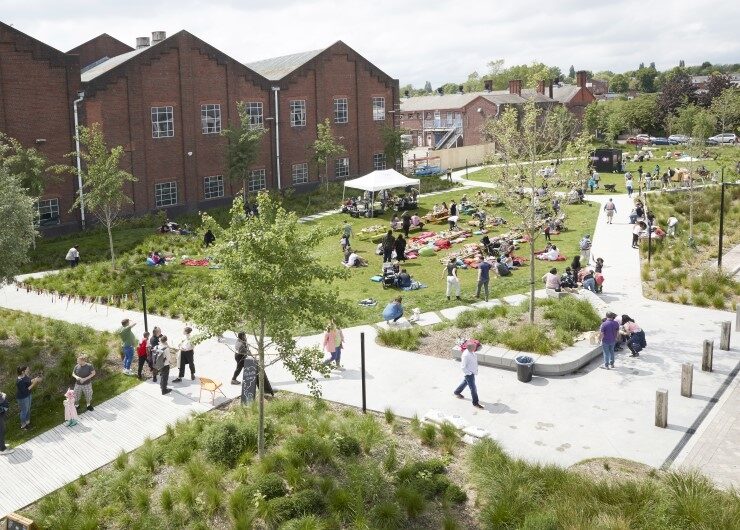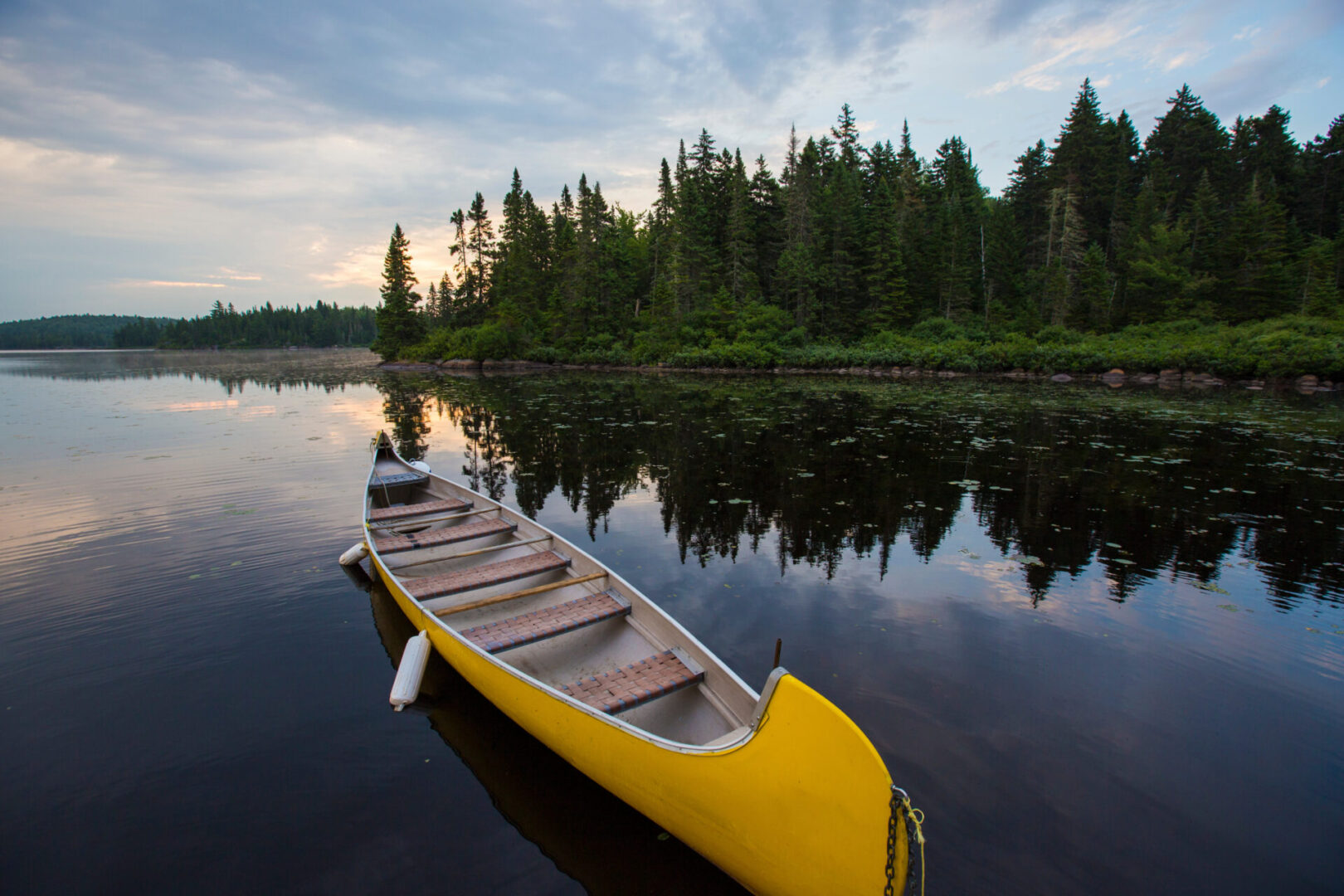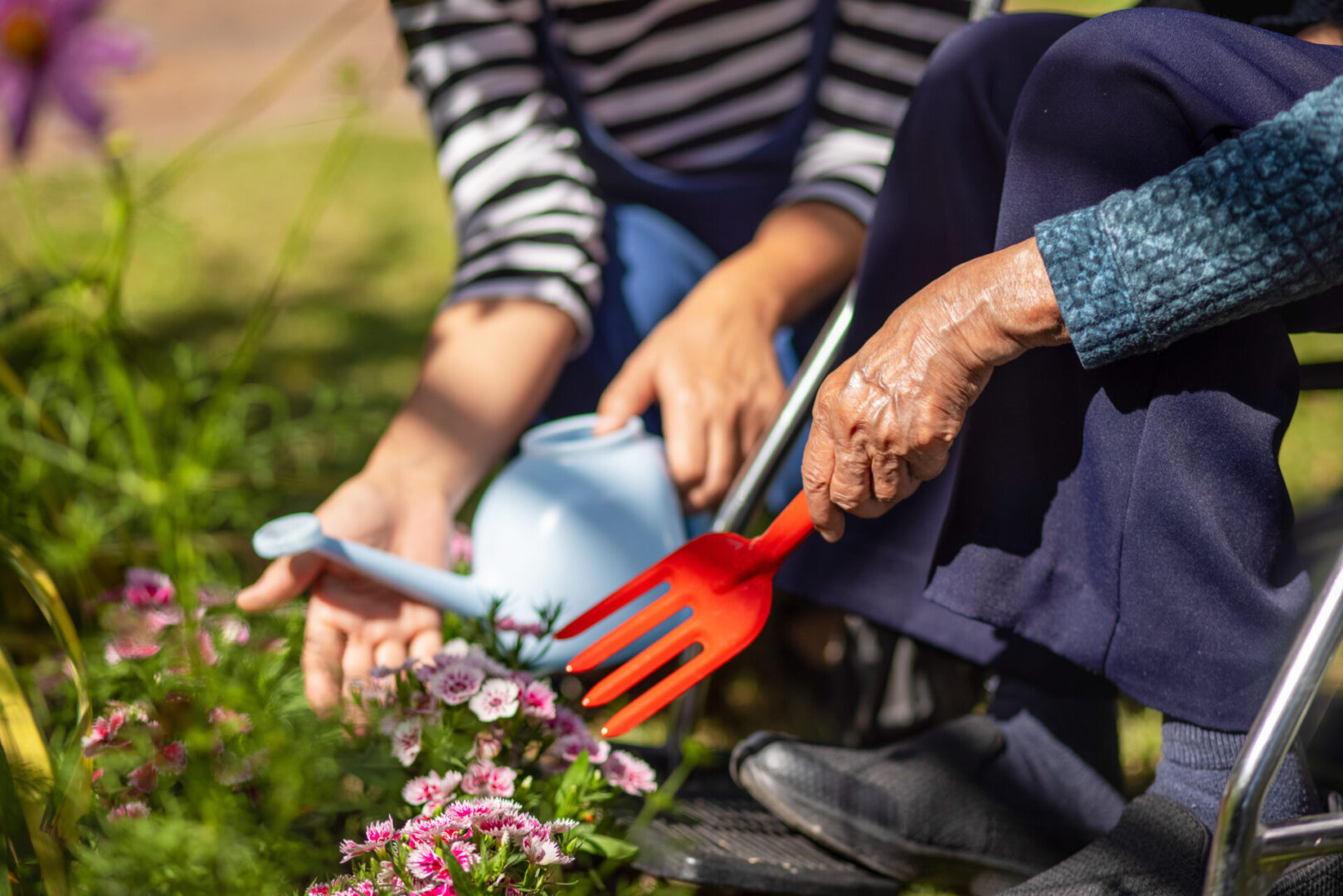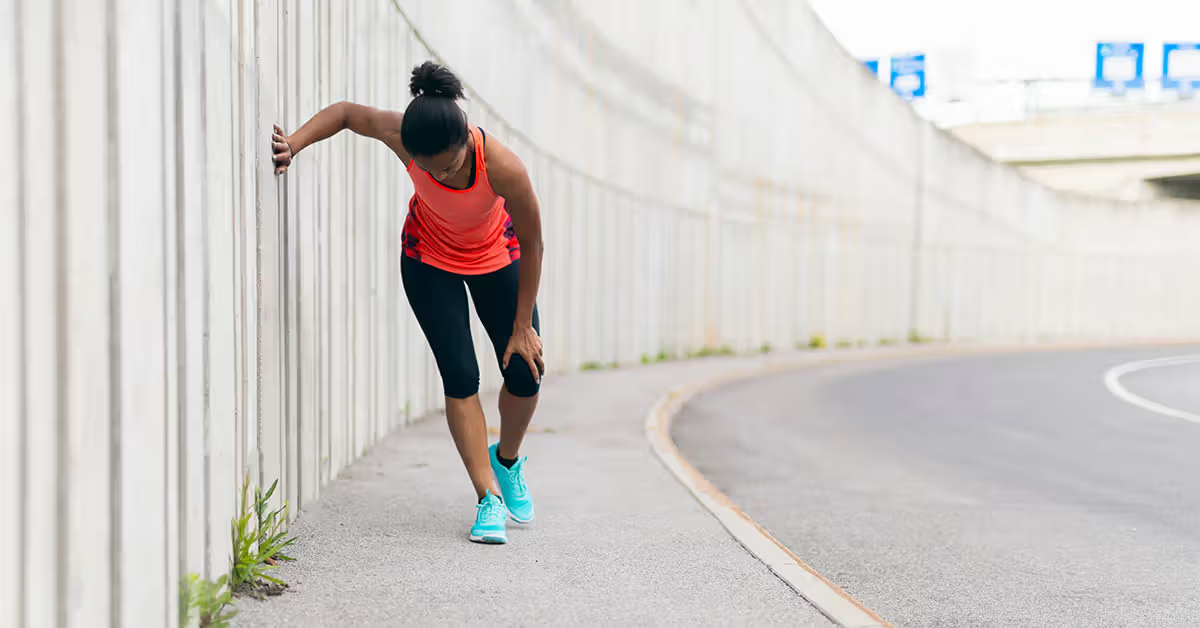A culturally relevant exercise program for older Aboriginal people to prevent falls and socialize together
Aboriginal and Torres Strait Islander people are the First Nations people in Australia. The aftermath of colonization for about 150 years has impacted the health and wellbeing of Aboriginal and Torres Strait Islander people and their physical activity. Fall-related injury is an issue for older First Nations people in Australia and worldwide and culturally relevant programs that increase physical activity and prevent falls are vital.
It is well known that programs with First Nations community leadership achieve better outcomes for First Nations people themselves. In Australia few community-led falls prevention programs for older Aboriginal people exist and the number of older Aboriginal and Torres Strait Islander people is growing.
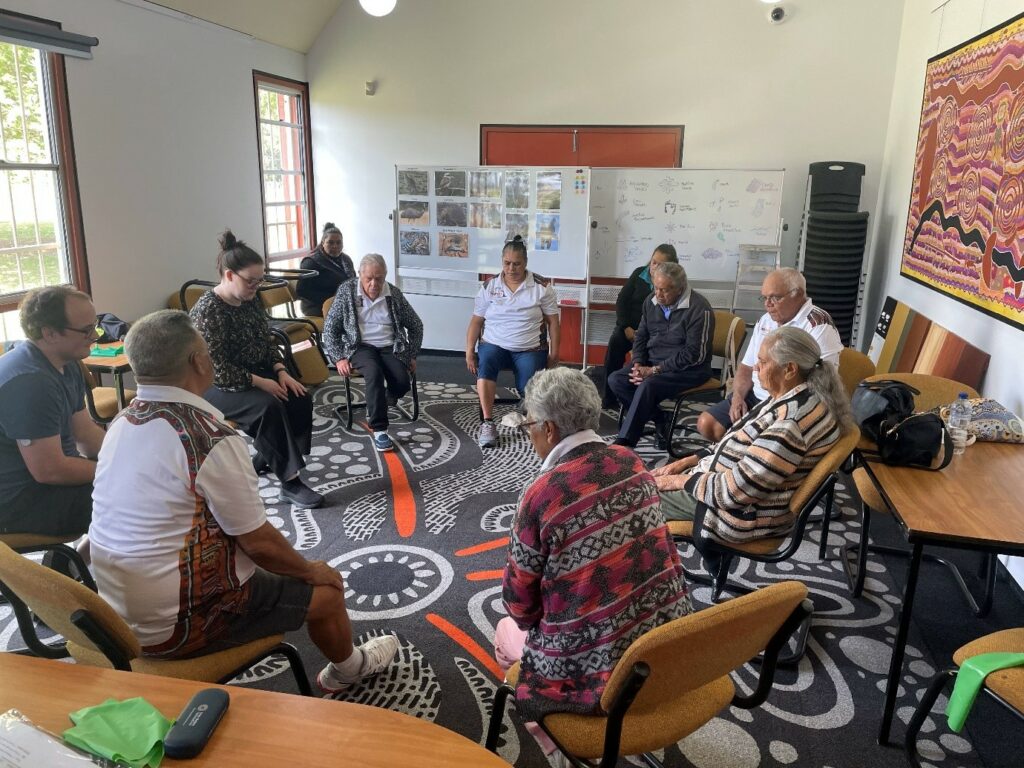
Ironbark is an Aboriginal co-designed and governed fall prevention program incorporating weekly group-based balance and strength exercise, yarning sessions and socializing, incorporates cultural strengths and Aboriginal ways of knowing, being and doing.
Back in 2014, researchers conducted yarning circles, a cultural way to share knowledge, with older Aboriginal people about the impact of falls. Feedback highlighted that an ongoing, Aboriginal-specific, group-based falls prevention program was needed, that could be run through established Aboriginal organizations.
The Ironbark program for Aboriginal people aged 45 years and over was designed and initially evaluated with six Aboriginal community organizations in 2015 – 2016. The research from this pilot program showed significant improvements in participant leg strength, balance, gait and a significant decrease in body mass index (BMI) in 77 participants over a 3-6 month time period. Importantly, participants reported enjoying the program and stated they would recommend it to others.
Following the successful pilot, a controlled pre-post design recruited 21 sites in 2021-2023 for a 12-month period. Sites could choose to receive the Ironbark program or the Healthy Community program (social ‘control’ group). Data were collected by Aboriginal research staff, including a process evaluation that examined program fidelity and participant and site staff program experiences.
There were again improvements in leg strength, balance, gait and improvements in planned sport and physical activity scores, factors that protect against falls. Yarning revealed that participants enjoyed the program, including the exercises, socializing and education and felt their confidence and wellbeing improved. Site staff spoke of improved participant motivation, balance, strength and wellbeing. Having the flexibility for the program to be tailored to specific communities while remaining effective and evidence based was important. Providing wrap-around support for communities was vital to relationship building and engagement.
To improve equity and health and wellbeing outcomes, Aboriginal research capacity building is also essential. In Western Australia, Ironbark was implemented into two boodja’s (lands) as a PhD project, led by a Noongar Wadjuk Yamatji Ngajdu researcher. Evaluation data from two different Elders groups and stakeholders found they thoroughly enjoyed the program and that the First Nations people in the South West of Western Australia needed this physical activity program and hope to see it continue.
Relations between the First Nations people and the wider non-Aboriginal communities suffered from government policies and Acts that prevented First Nations people from engaging socially within white societies or to socialize on their own country unless it was within their own reserved boundaries with their own people. Physical activity programs that involve First Nations people in the planning stages, during and after will ensure better engagement and self-determination for older First Nations people.
Take home messages
– Community engagement and leadership by Aboriginal communities, sharing results, giving feedback are critical to the design, implementation and scale-up of programs addressing Aboriginal health priorities for First Nation gains in health and wellbeing
– Ironbark is an effective community-based program in increasing physical activity, especially balance and strength that prevent falls
– The program continues to be delivered and evaluated in new and ongoing community settings in New South Wales and Western Australia, with interest from other Australian states
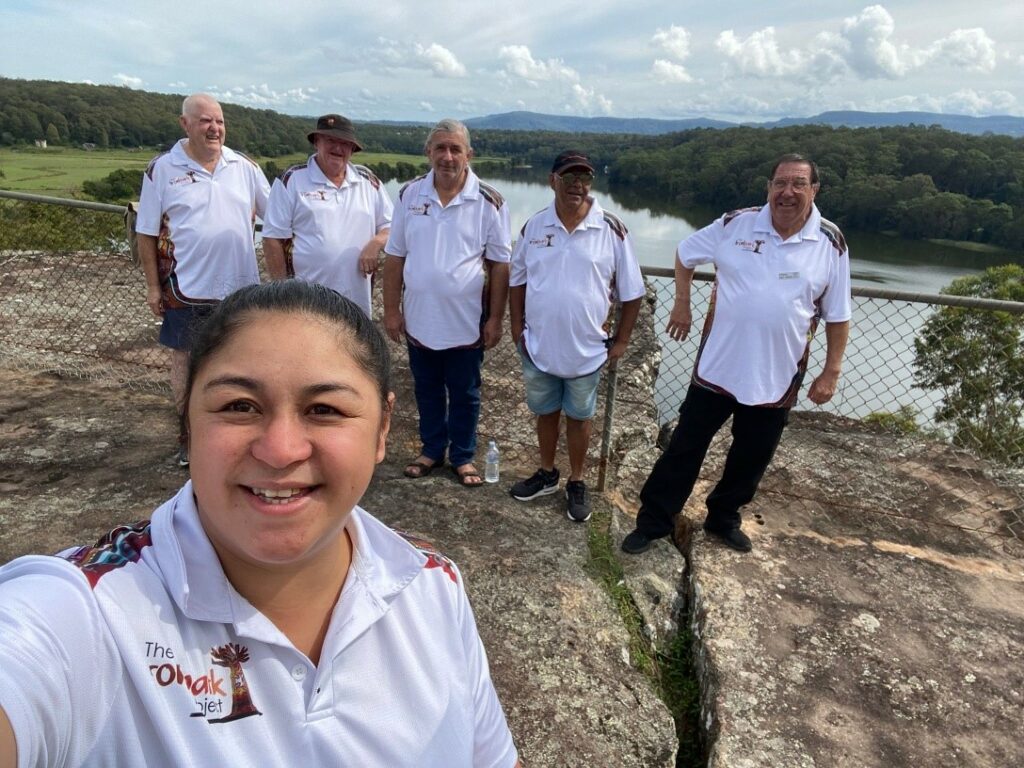
Authors and affiliations:
Dr. Rona Macniven and Ms Leanne McCarthy (Wiradjuri), School of Population Health, Faculty of Medicine & Health, UNSW Sydney
Dr. Margaret Gidgup (Noongar), Centre for Aboriginal Studies, Curtin University
Ms. Haynes (Murawari and Wiradjuri), Ngarruwan Ngadju First Peoples Health and Wellbeing Research Centre Faculty of Science, Medicine and Health, University of Wollongong
